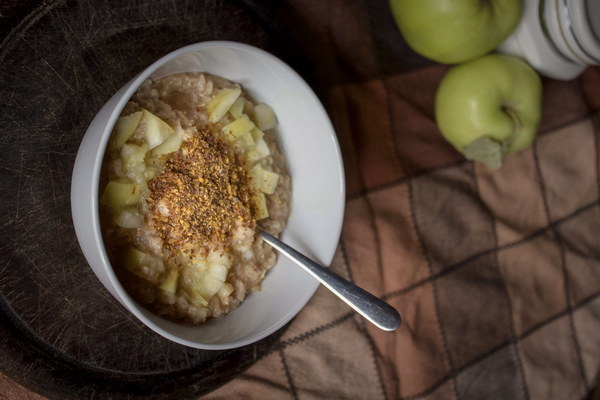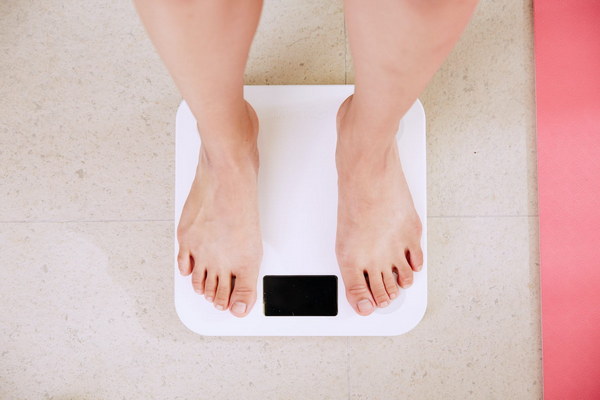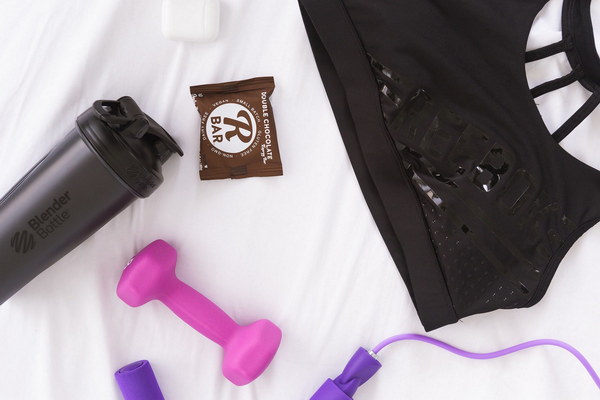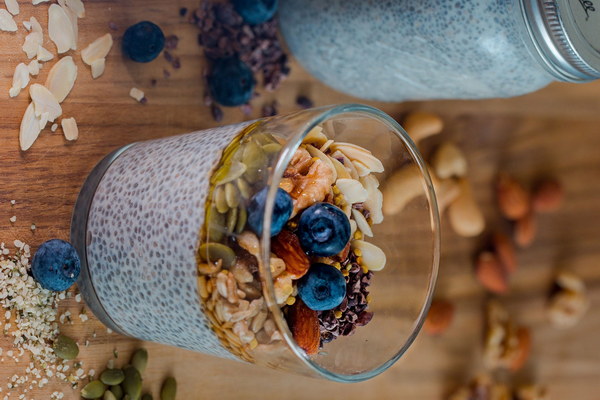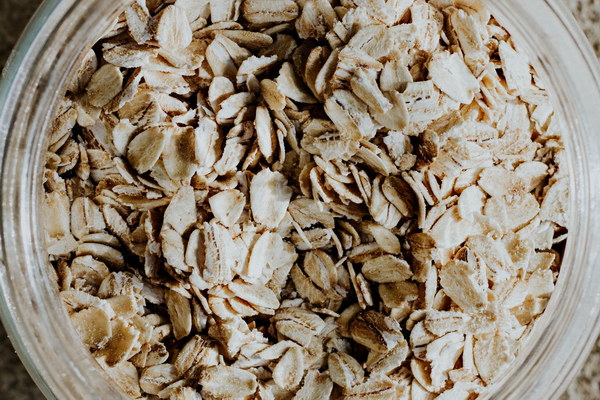Maximize Lung Health Best Practices for Fall Season SelfCare
As the leaves begin to turn and the air turns crisp, the arrival of autumn signals a time of transition. It's also a critical period for focusing on lung health, as the changing weather can impact respiratory function. Here's a comprehensive guide on how to best care for your lungs during the fall season.
Embrace the Outdoors
One of the most beneficial ways to care for your lungs in the fall is to spend time outdoors. Fresh air is abundant during this season, and it can help clear out any mucus that might be accumulating in your respiratory tract. Activities like walking, cycling, or even just a leisurely stroll in a park can significantly improve lung function.

Tip: When exercising outdoors, be mindful of air quality reports. On days with poor air quality, opt for indoor activities or low-impact exercises.
Hydrate Regularly
Dry air during the fall can exacerbate respiratory issues. Keeping your body hydrated helps to thin the mucus in your lungs, making it easier to expel. Aim to drink at least eight glasses of water daily, and consider using a humidifier at home to add moisture to the air.
Adjust Your Diet
Your diet plays a crucial role in maintaining lung health. Incorporate foods that are rich in antioxidants, vitamins, and minerals, which can help protect your lungs from damage. Here are some fall-friendly foods that are beneficial for lung health:
- Apples: High in antioxidants, apples can help reduce inflammation and improve lung function.
- Pumpkin: Rich in vitamin A and beta-carotene, pumpkin can help prevent respiratory infections.
- Berries: Blueberries, strawberries, and raspberries are packed with antioxidants that can support lung health.
- Ginger: Known for its anti-inflammatory properties, ginger can help alleviate respiratory issues.
Manage Indoor Air Quality
The indoor air you breathe can also impact your lung health. During the fall, when windows are often closed, it's important to ensure that your home is well-ventilated and free of pollutants. Here are some tips:
- Ventilation: Use exhaust fans in kitchens and bathrooms to remove indoor air pollutants.
- Air Filters: Change the air filters in your heating and cooling systems regularly.
- Cleanliness: Keep your living spaces clean to reduce dust mites and other allergens.
Practice Breathing Exercises
Deep breathing exercises can help strengthen your respiratory muscles and improve lung capacity. Try these simple exercises:
- Pursed Lip Breathing: Inhale through your nose and exhale through pursed lips as if blowing out a candle.
- Abdominal Breathing: Lie on your back and focus on breathing deeply into your abdomen, not just your chest.
Avoid Smoking and Secondhand Smoke
Smoking is a leading cause of lung disease, and the fall is no exception to this rule. Avoid smoking and secondhand smoke as much as possible, as they can irritate your lungs and exacerbate respiratory conditions.
Get Regular Check-ups
Regular medical check-ups are essential for monitoring your lung health, especially if you have pre-existing respiratory conditions. Consult with your healthcare provider about any concerns you may have and follow their recommendations for maintaining lung health.
Mind Your Mental Health
Stress can affect your respiratory health. Practice stress-reduction techniques such as meditation, yoga, or mindfulness to keep your mental health in check, which can indirectly benefit your lung function.
By following these tips, you can help ensure that your lungs remain healthy throughout the fall season. Remember, taking care of your lungs is an ongoing process, so make these practices a part of your daily routine for year-round well-being.

